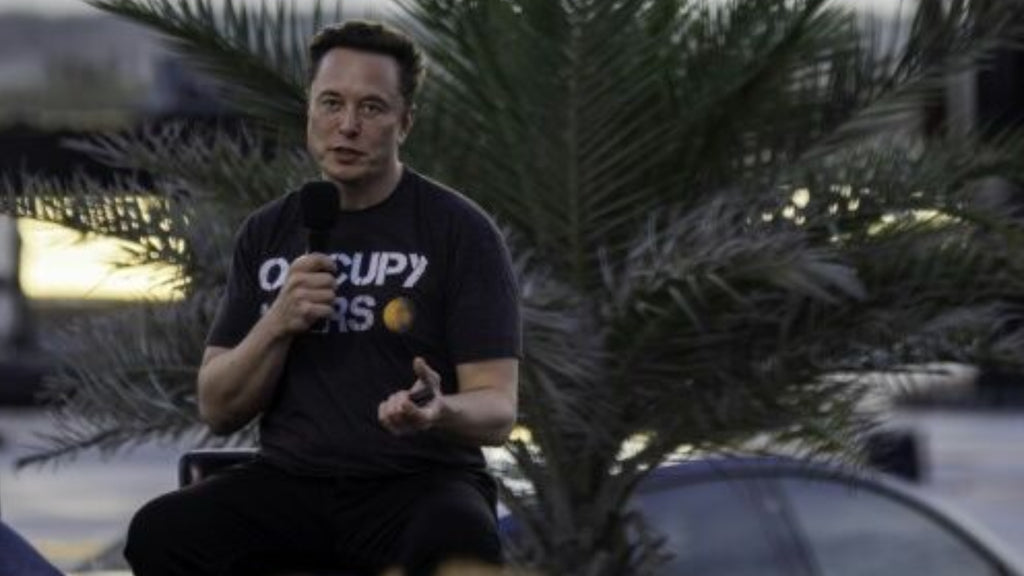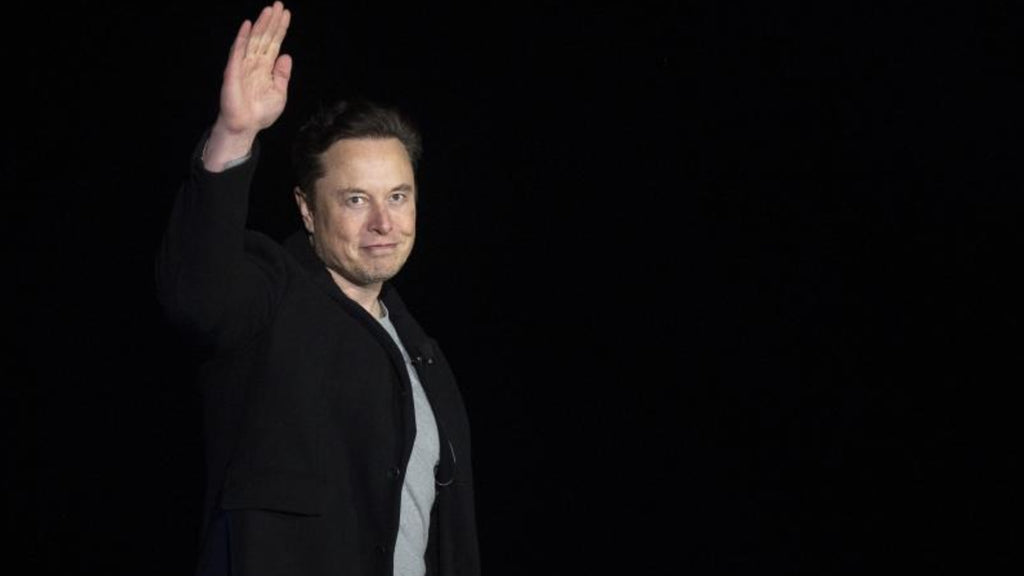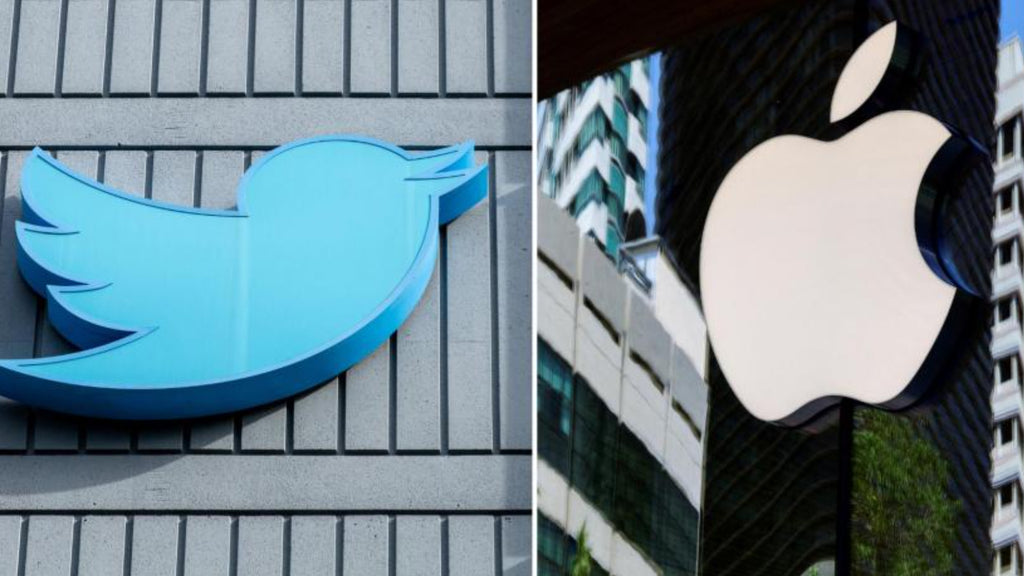Elon Musk announces $8 monthly subscription to certify his Twitter account
Steph Deschamps / November 2, 2022

Elon Musk, the new owner of Twitter, announced in a tweet Tuesday the upcoming launch of an $8-a-month subscription for users who want to have their accounts certified as authentic.
The social network has been offering paid feature subscriptions since last year, but the CEO wants a new, more expensive and more widely adopted offering that will diversify the platform's revenue streams.
"The current system of lords and peasants, with those who have the blue tick and those who don't, is bullshit. Power to the people! Blue for $8 a month," said the boss of Tesla and SpaceX, which bought Twitter on Thursday.
So it plans to merge together Twitter Blue - a $5-a-month subscription for a more comfortable reading mode and editing tools - and the possibility for eligible accounts to have their identity verified and certified.
Currently, only certain profiles can apply for this blue check mark authenticity, including governments, companies, media, political, cultural or sports personalities, etc. They can lose their badge if they don't have the right to use it. They can lose their badge if they do not respect the rules of the platform.
Since Friday, Elon Musk has asked engineers to work relentlessly on this overhaul of the system.
He said that subscribers will have other benefits: their tweets will appear first, they will be able to post longer videos and audio messages, and will be exposed to "half as much advertising".
The subscription price will be adjusted by country.
"This will also bring revenue to Twitter to reward content creators," he concluded.
The richest man in the world has repeated since the beginning of the eventful buyout process that he embarked on this operation out of interest in this "public square" essential to democracy, and to "help humanity".
He indicated that profitability was not his priority. But Twitter is a network whose revenue comes 90% from advertising and has never been very profitable compared to its Californian neighbors Meta (Facebook, Instagram) and Google (YouTube).




